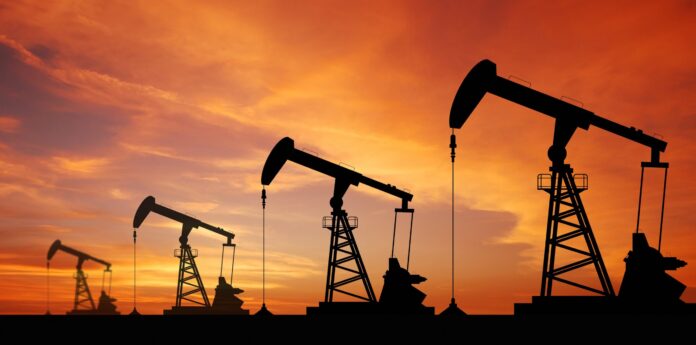The Democratic Republic of Congo (DRC) has decided to leverage on its oil and gas reserves to accelerate socioeconomic growth.
The country currently holds over 180 million barrels of proven oil reserves and up to 5 billion barrels of estimated reserves.
In achieving its objectives, the country is looking to partner with its regional counterparts, with Equatorial Guinea stepping up to help the DRC drive investment and development across its diverse and high potential sector.
Representing the second largest country in Africa geographically and the fourth largest by population, oil and gas has the potential to transform the country through infrastructure development, multi-sector revitalization and enhanced revenue streams.
The DRC represents one of Africa’s most lucrative oil and gas destinations owing to significant proven and estimated oil and gas reserves.
Strategically located in close proximity to some of Africa’s major producers including Angola, the Republic of the Congo and South Sudan, the country has the potential to transform its own energy sector while improving energy access and security in the wider region.
However, despite this potential, investment and development has been slow, leading to Hydrocarbons Minister, H.E. Didier Budimbu Ntubuanga, seeking collaborative energy partnerships with gas major Equatorial Guinea.
Equatorial Guinea represents a particularly valuable partner for the DRC as the country has been highly successful in exploiting both its domestic and regional gas reserves.
Sector directed capital and an enabling environment have placed Equatorial Guinea accelerated the country’s progress towards being a Gas Mega Hub, positioning the country as a top producer, processor and distributor.
Projects such as Gas Mega Hub – incorporating the $330 million Alen Gas Monetization project – the 10,000 barrel per day Punta Europa refinery; and offshore success seen in the Alba, Zafiro and Ceiba fields serve as critical examples that the DRC can learn from.
Meanwhile, Equatorial Guinea has made a strong case for regional partnerships, collaborating with countries including Nigeria, Cameroon and the Congo to drive regional energy growth.




